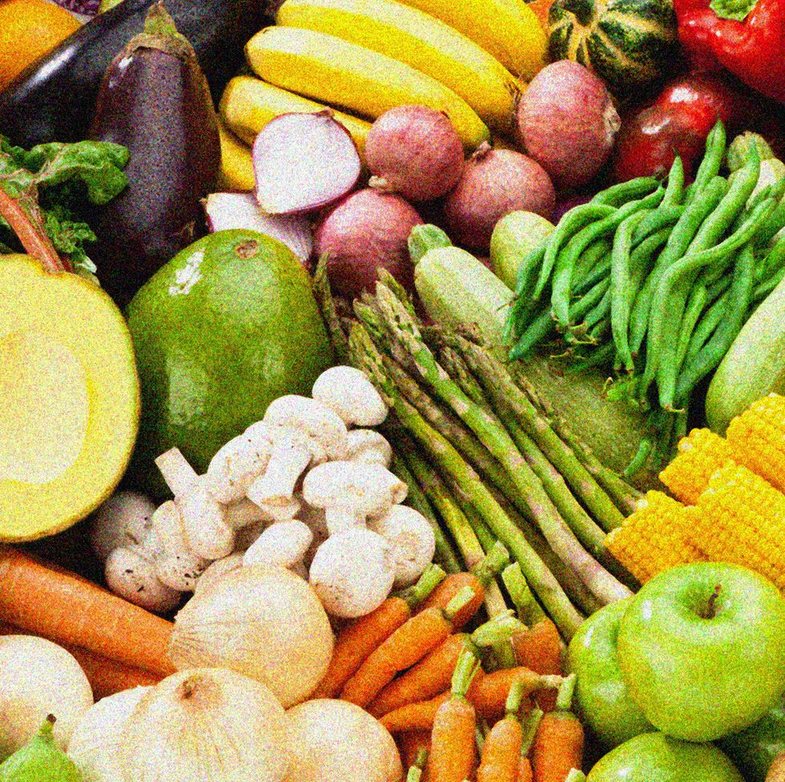
When it comes to eating healthy, for years many people have lived by the golden rule of five food portions a day, which means five different meals of fruits and vegetables. But recently another mantra has been doing the rounds: 30 plants a week.
Let's be clear, this does not mean that the regimen of five food portions a day falls down, but the variety of products, especially vegetables and fruits, brings great benefits to your health. Also known as the "diversity diet," this plan has a slightly different focus: gut health.

According to various studies on gut health, eating a wide mix of vegetables contributes to their good health.
But which vegetables are we talking about?
A 'plant dot' is a dot that helps identify foods that have plant-based ingredients. Each food or meal is given points based on the number of plant-based ingredients.
Why is it important to eat 30 plants a week?
It's no surprise that increasing the amount of raw, whole foods in your diet like fruits, vegetables, beans and legumes is a good thing. Studies show that plant-based diets help lower body mass, blood pressure, glucose and cholesterol levels.
Vegetables, such as:
- Eggplant
broccoli
-Carrots
-Spinach
- Cabbage
- Onions
- Tomatoes
Fruits, such as:
- Avocados
- Berries
- Bananas
- Orange
- Figs
- Kiwi
Some legumes, such as
- Chickpeas
- Lenses
- Beans
Some cereals, such as
- Quinoa
- Barley
- Brown rice
Some nuts and seeds, such as
-Almond
- Brazil nuts
- Chia seeds
-Pumpkin seeds
the nuts
-Pistachios
Seasoning:
-Mint
- Basil
- Parsley
- Ginger
- Nutmeg
- Pepper
- Saffron
?
Source: Cosmopolitan







